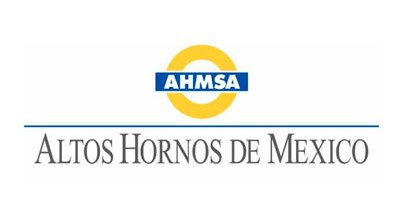Market Segment

September 23, 2022
AHMSA Restarts Monclova EAF
Written by Laura Miller
Altos Hornos de México (AHMSA) has restarted its electric arc furnace (EAF) in Monclova, Coahuila, which had been down since July due to a failure at its electrical substation.
Work to repair the substation was slowed by difficulties in sourcing the right equipment, which in turn delayed the restart of the EAF, according to a statement from the Mexican flat-rolled steelmaker
The EAF is expected to reach its normal run rate in October, but production will be limited this month to approximately 15,000 tons. The furnace has an annual steelmaking capacity of 1.2 million metric tons.
The furnace restart comes at an interesting time when many other North American steelmakers are idling furnaces or taking downtime for maintenance as the market slows and tries to find a clear direction.
AHMSA makes hot-rolled coil, cold-rolled coil, plate, tinplate, and structural shapes, according to its website.
By Laura Miller, Laura@SteelMarketUpdate.com







